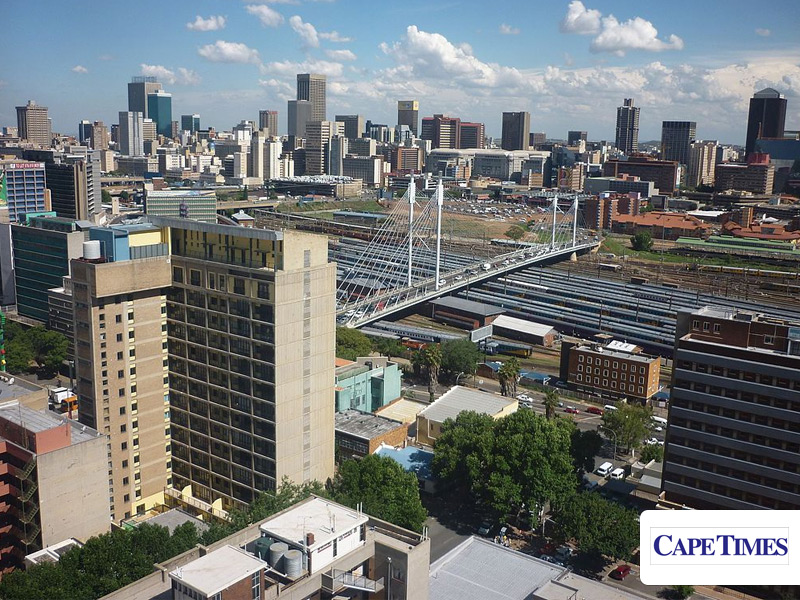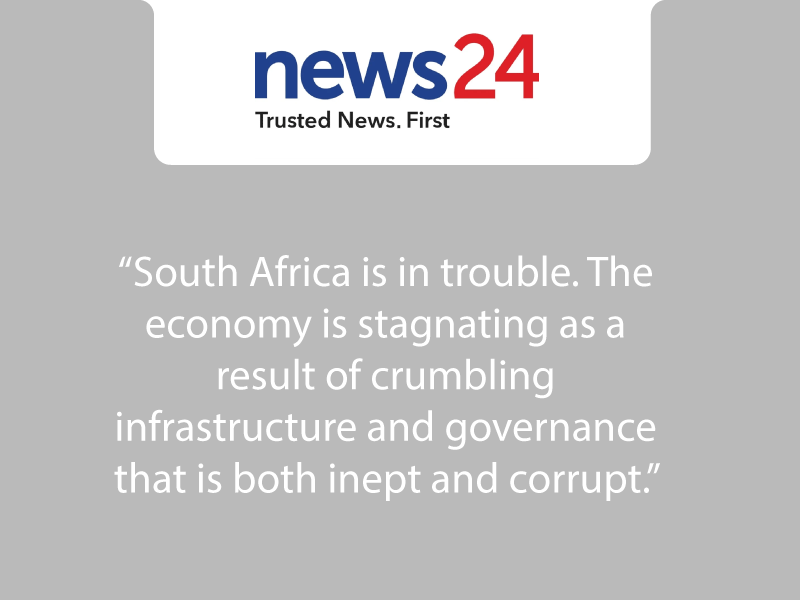
Contributing editor Ann Bernstein examines the implications of an increasingly integrated and global economy for South Africa’s major cities.
Cities are the new arenas for economic competition in the global marketplace. They can no longer be seen only as places where people live and governments deliver services but rather as dynamic arenas for economic, social and cultural development.
With greater mobility for people and economic activities both within and between countries, cities are increasingly competing with one another for investment.
The roles of cities are being defined in terms of other similar cities within the “borderless” global economy, rather than as local economies with a closed national economy.
Globalisation poses real threats to “business as usual” for cities all over the world while simultaneously providing exciting new opportunities for growth and prosperity.
Not all cities will share the same fate. There will be winners and losers. Cities that do not find areas of comparative advantage – their economic niche – in the local, regional and global economy will decline.
No city can afford to rest on its laurels.
South Africa’s attempt to transform unequal and segregated cities and provide adequate services and infrastructure, must be seen in the light of this changing world economy and the demands of a tough global marketplace. This is the broader economic context within which policy makers in the cities, and nationally, must think about priorities.
The key challenge that faces South Africa’s cities now is how to become globally competitive.
New issues eclipse tired old debates. Forget questions such as “Is Johannesburg too big?” or “How do we stop migration to the cities?”
The key questions for cities now are not how big they are or how they compare with other cities and regions in the same country, but whether the city is globally/regionally competitive and able to find a niche in which it can build and market a comparative advantage, thus attracting investors.
The future of the country depends on South Africa’s cities becoming globally competitive.
Macro-economic policy-makers in government, business and trade unions need to start taking the “where” of production and trade very seriously indeed.
The government’s macro-economic programme must link up with and indeed depends on a successful approach to the big cities. To neglect the cities will be to jeopardise national development.
At present urban issues are dealt with in many central government ministries. Is urban policy being given sufficient attention by the Cabinet? Is urban strategy and policy a top priority for government? What are the objectives, timetables and targets in this area?
We must fundamentally rethink the way in which our large cities are governed. It’s time to stop thinking of “local government” and concentrate on big city management and government.
The demands of a small town and a vast metropolitan area are fundamentally different. The image and status of city politicians needs to be changed if high calibre people are to be involved in leading the country’s largest cities. Do we need executive mayors, for example?
The present focus on issues in South African cities is lop-sided. Urban priorities will have to be chosen through an economic lens.
Only by becoming globally competitive will our cities be able to generate the resources necessary to cope with historic backlogs, new basic needs racial reconciliation.
The nature of modern economic development must lead cities to focus on three new areas: infrastructure for economic growth (communications and transport); education and training; and health.
In all three areas the focus has to be on both centres of excellence and mass access to opportunities.
Every city needs a vision of its future. This vision must define a place for the city in the global or the regional economy; it must be “owned” by all key stakeholders in that city; it must identify competing cities for this niche in the global economy.
With such a vision, the city’s leaders (public and private) can determine priorities and make the trade-offs that will inevitably be required. And then the vision must be marketed nationally and internationally.
South Africa must focus much more attention on its largest cities and what is required to help them become globally competitive places in which to live and invest.
This priority for large cities cannot be done in isolation and the CDE’s position should not be misunderstood.
It is essential that a focus on the largest cities must be complemented by a sound urbanisation and migration strategy (domestic and international) informed by facts (rather than wild speculation in the absence of hard data); a growth strategy for secondary cities and small towns; and an effective rural development strategy.
It should however, be asserted that by developing strategies to become more competitive in the global economy, South African cities will more readily discover the means to cope with racial reconciliation and basic needs.
- Ann Bernstein is the executive director of the Centre for Development and Enterprise.




